Russia Sanctions & Technology Controls
- March 11th, 2022
- in Exporter
On February 24, 2022, the US and its allies, including NATO members and other independent nations
around the globe, imposed sweeping sanctions and technology controls against Russian parties
(government institutions, banks, public and private sector companies, and persons) operating inside and
outside of the Russian Federation. This is a very fluid situation and monitoring of US government
websites is essential in terms of export activities. New US sanctions and controls are expected to be
added frequently. Recently, Belarus and occupied territories within Ukraine have also had sanctions
imposed. These actions by the US government mean that US businesses must be more vigilant in the
export of their goods, services and/or technology in terms of:
- understanding export control classifications and associated restrictions (EAR99 products are now subject to Military End-Use (MEU) restrictions in Russia, for example);
- obtaining certifications that collect key screening elements, including the end user, intended end use and ownership; (foreign resellers/distributors should not reexport merchandise to Russia or Ukraine)
- conducting screening checks on all parties to the transaction (be mindful that buyers may be wholly or partially owned by sanctioned Russian entities, possibly making them blocked parties);
- understanding new limitations on licensing policy and the use of license exceptions related to Russian transactions and requesting licenses where applicable, prior to export.
- Any of your foreign customers that export to Russia must ensure that their product contains no more than 25% US-origin controlled content (de minimis rules).
Companies must possess a clear understanding of their responsibilities regarding end-use, end-user, and market where the good, service and/or technology is destined, as well as any and all license obligations for that export. Screening prior to shipment is key.
Ongoing information on sanctions and controls are found on the following websites and links:
- Treasury Department’s Office of Foreign Asset Control (OFAC); OFAC Russia Ukraine Sanctions website;
- Russia-related Designations; Belarus Designations; Issuance of Russia-related Directive 2 and 3; Issuance of Russia-related and Belarus General Licenses; Publication of new and updated Frequently Asked Questions | U.S. Department of the Treasury
- Ukraine-/Russia-related Sanctions | U.S. Department of the Treasury;
- Commerce Department BIS press releases, fact sheets, announcements and websites.
- State Department DDTC – – PM/DDTC Ukraine Response – 2/25/2022
Businesses of all sizes should use the tools the US Government has made available to stay up-to date as this is a fast moving and often changing environment. The US government provides readily accessible screening tools to help determine if organizations or individuals are on parties of concern/restricted parties or sanctioned entities lists. These tools, along with proper training on utilization, can support a robust screening effort as part of a company’s internal trade compliance program.
• Treasury Department – OFAC – Consolidated Sanctions List (Non-SDN Lists)
• Commerce Department – Bureau of Industry and Security (BIS) – Consolidated Screening List
These sanctions will have implications for your business operations in other ways. SMEs should be particularly mindful of vulnerabilities and exposures within their supply chain. Recommendations include:
Diversify Supply Chain Inputs: SMEs should review the lower layers of it supply chain. For example, even if a business has a sourcing arrangement with two different suppliers in two different locations, if both suppliers source raw materials from the same Ukrainian sub-supplier, then there could be threats to the continuity of operations as the situation worsens.
Warehousing, Inventory Banks & Safety Stock: The Just-In-Time (JIT) model is efficient but it’s also incredibly tenuous if there are any breaks in the supply chain. Identify key inputs that may be impacted and begin amassing safety stock and inventory where possible.
Lock in Transportation and Shipping Rates (to the Extent Possible): Given the volatile fluctuations in oil pricing, which will have impacts on all forms of transportation, lock in transportation and shipping rates as soon as possible. Companies are partnering with third-party logistics providers in order to defray some of the increasing volatility across labor, warehousing, transportation, and other logistics.
Contract Review: For customer and supplier relationships that could be impacted, it is once again time to get out those contracts to see: (a) whether the contracts contain a force majeure provision; (b) whether the force majeure provisions cover events such as war, embargoes, etc.; and (c) assess whether the force majeure clauses provide termination rights and what the associated notice requirements are. Finally, even if there is no force majeure provision in the applicable contract, the parties may have certain rights to suspend performance under the doctrine of commercial impracticability, depending upon the particular circumstances.
For questions, contact your local Small Business Development Center (SBDC), US Export Assistance Center (USEAC) across the US, or the BIS help desk. These entities can also help you identify a trusted trade advisor or legal counsel for further information.
Humanitarian relief: Donors should consider making their contribution through a reputable organization with a well-known performance record which will satisfy all compliance requirements directly related to the sanctions

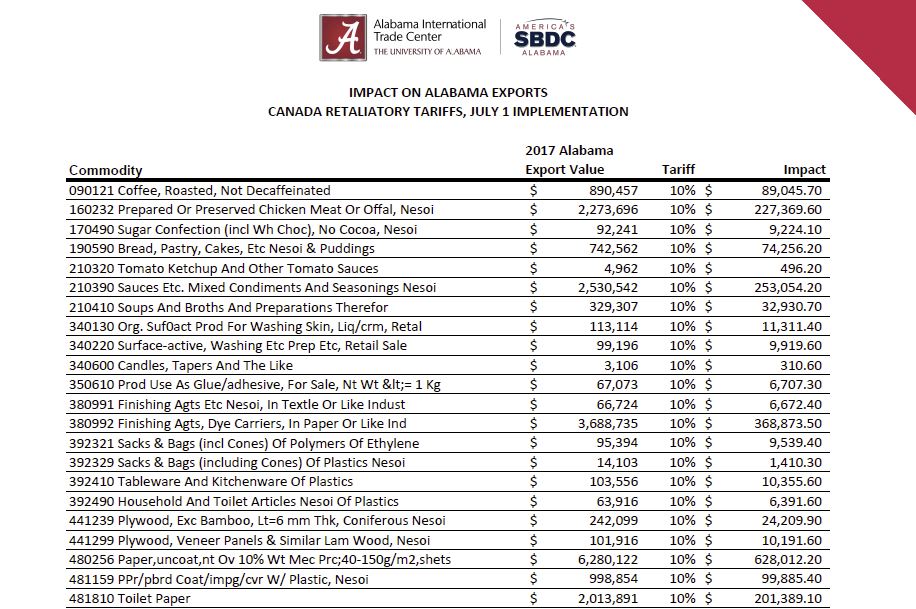
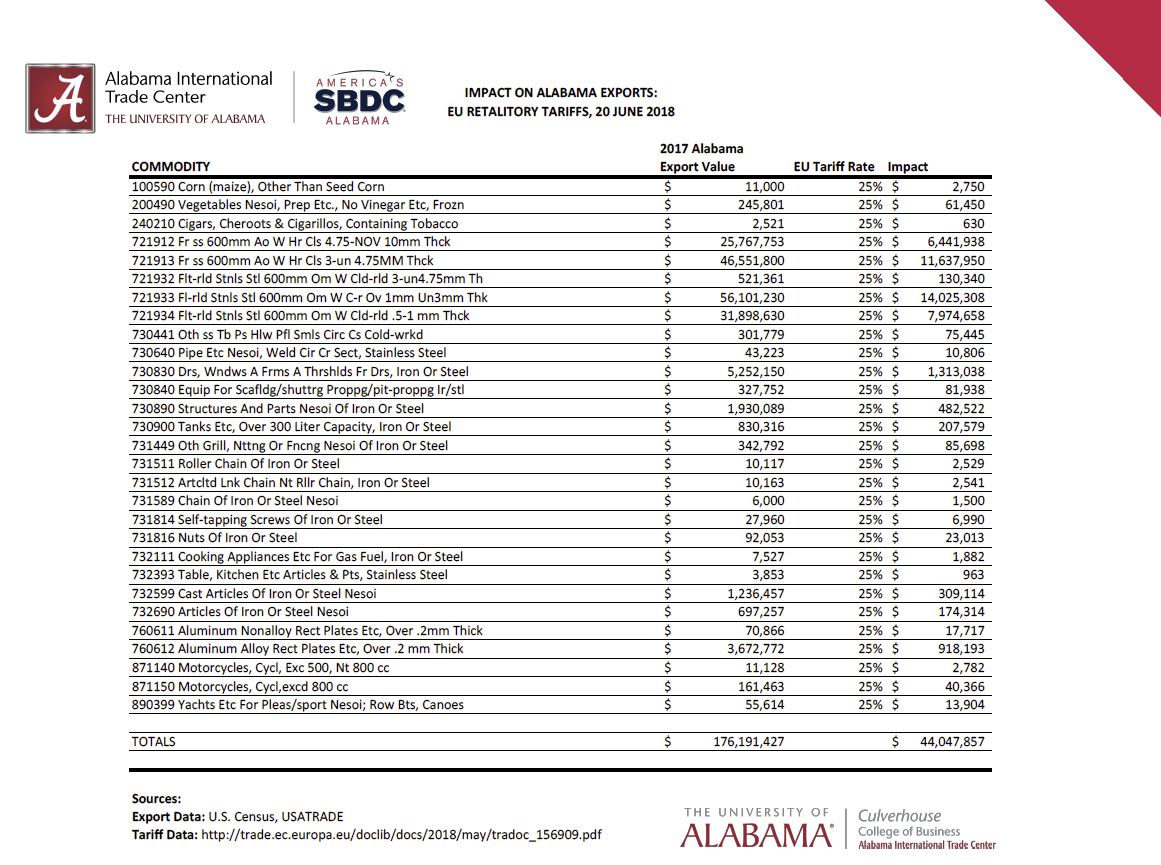
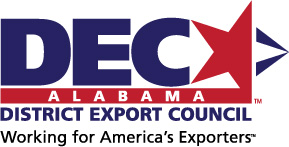

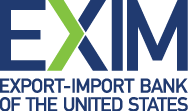
 Benefits of the program for companies, especially small businesses, include assistance with outreach and counseling; introduction to marketing and training materials; and access to qualified finance experts, lenders, insurance brokers, and U.S. Government export resources.
Benefits of the program for companies, especially small businesses, include assistance with outreach and counseling; introduction to marketing and training materials; and access to qualified finance experts, lenders, insurance brokers, and U.S. Government export resources.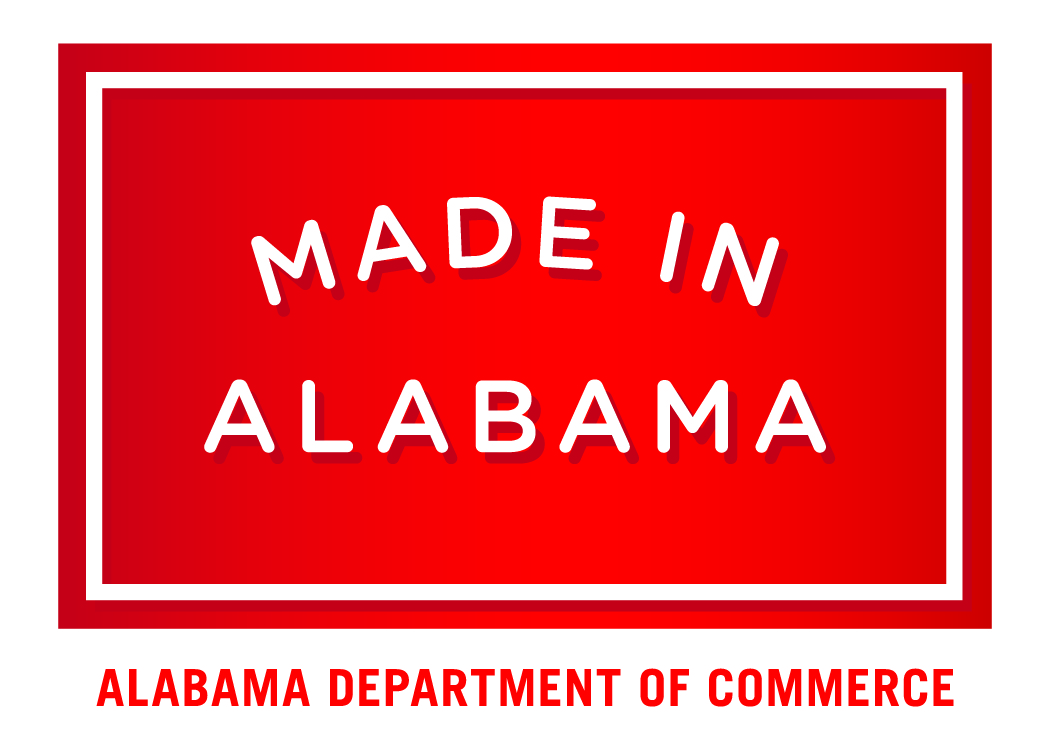
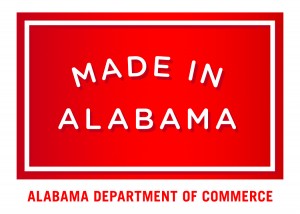 Event
Event